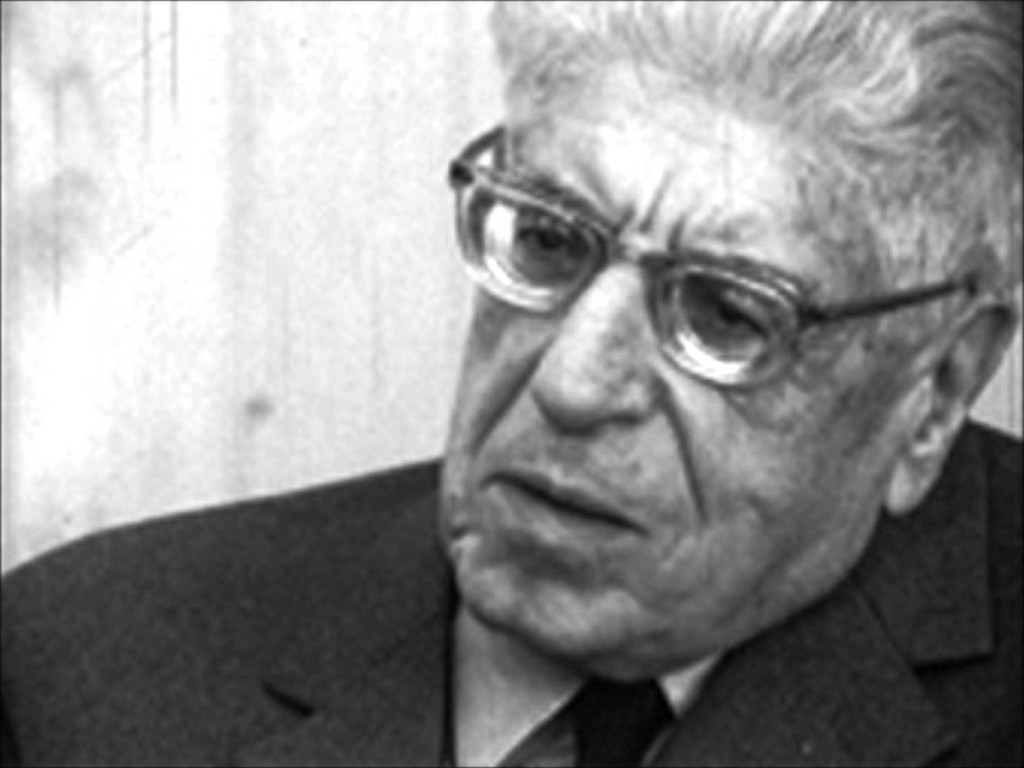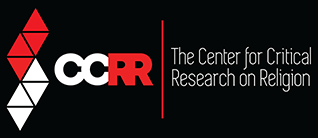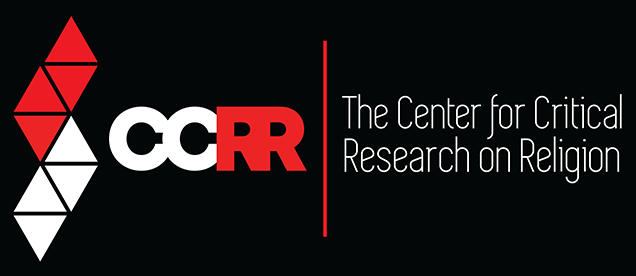Ernst Bloch

“Messianism is the red secret of every revolutionary.”
Ernst Bloch was born in Ludwidgshafen, Germany in 1885 in an assimilated Jewish working class family. He met Georg Lukács in Georg Simmel’s priviate seminar in the winter of 1909-1910. The two of them went together to Heidelberg in 1913 and become regular guests at the home of Max and Marianne Weber on Sunday afternoons. In 1913, Bloch married Else von Stritzky who influenced him positively toward Christianity. Bloch broke with Simmel over his position toward World War I. He met Walter Benjamin in Bern, Switzerland in 1919. Both had gone there to avoid the draft. Bloch first mixed Messianism and Marxism in Spirit of Utopia (Geist der Utopie) first published in 1918. Benjamin and Bloch took part in Hashish experiments together in 1928. Bloch went into exile in 1933 as a result of the Nazi seizure of power. He wrote The Principle of Hope at the Widener Library at Harvard University in Cambridge, Massachuestts during World War II. In it he argued that Marxism was the intellectual heir of Judeo-Christian Messianism. After the war in 1948 at age 63, Bloch was offered his first position as a Professor of Philosophy at the University in Leipzig in communist East Germany. He was forced into retirement after supporting the Hungarian uprising in 1956. While visiting West Germany in 1961 while the Berlin Wall was erected, Bloch decided not to return to East Germany. He went to Tübingen where he became a guest professor. In the late 1960’s, Bloch allied himself with Rudi Dutschke and the German New Left. In Atheism in Christianity (1968), he returned to the relation between Messianism and Marxism arguing that “without atheism messianism has no place.”
Primary Literature
Bloch, Ernst. 1995. The Principle of Hope. 3 Vols., trans. Neville Plaice. Stephen Plaice and Paul Knight, Cambridge: MIT Press.
_______. 1985. Briefe 1903-1975. 2 vols., eds. Karola Bloch, Jan Robert Bloch, Anne Frommann, Hanna Gelke, Inge Jens, Martin Korol, Inka Mülder, Arno Münster, Uwe Opolka and Burghart Schmidt. Frankfurt am Main: Suhrkamp Verlag.
_______. 1972. Atheism in Christianity: the religion of the Exodus and the Kingdom. trans. J. T. Swann. New York: Herder and Herder.
_______. 1971 [1918] Geist der Utopie. Erste Fassung, Frankfurt am Main: Suhrkamp Verlag.
_______. 1970. Man on his Own: Essays in the Philosophy of Religion. trans. E.B. Ashton. New York: Herder and Herder.
_______. 1969 [1930] Spuren. Frankfurt am Main: Suhrkamp Verlag
_______. 1969 [1921] Thomas Münzer als Theologe der Revolution. Frankfurt am Main: Suhrkamp Verlag.
_______. 1968. Atheismus im Christentum. Frankfurt am Main: Suhrkamp Verlag.
_______. 1964 [1923] Geist der Utopie. Zweite Fassung, Frankfurt am Main: Suhrkamp Verlag.
_______. 1959. Das Prinzip Hoffnung. 3 Vols., Frankfurt am Main: Suhrkamp Verlag.
Secondary Literature
Bloch, Jan Robert, 1988. “Can We Understand the Bends in the Upright Gait?” translated by Capers Rubin. New German Critique 45.
Casya, Volker, Caysa Petra, Eichler K.D. and Uhl, Elke. 1992. “Hoffnung Kann enttäuscht werden”: Ernst Bloch in Leipzig. Frankfurt am Main: Verlag Anton Hain.
Gelke, Hanna. 1986. Wunsch und Wirklichkeit: Blochs Philosophie des Noch-Nicht Bewußten und Freuds Theorie des Unbewußten. Frankfurt am Main: Suhrkamp Verlag.
Hudson, Wayne. 1982. The Marxist Philosophy of Ernst Bloch. New York: St. Martin’s Press.
Jäger, Alfred. 1969. Reich ohne Gott: Zur Eschatologie Ernst Blochs. Zürich, EVZ Verlag.
Löwy, Michael. 1991. Redemption and Utopia: Jewish Libertarian Thought in Central Europe: A study in elective affinity. Translated by Hope Heaney. Stanford: Stanford University Press.
_______. 1980. “Jewish Messianism and Libertarian Utopia in Central Europe (1900-1933)” in New German Critique 20.
_______. 1976. “An Interview with Ernst Bloch”, in New German Critique 9.
Markun, Silva. 1977. Ernst Bloch. Reinbek bei Hamburg: Rowohlt Verlag.
Münster, Arno. 1982. Utopie, Messianismus und Apokalypse im Frühwerk von Ernst Bloch. Frankfurt am Main: Suhrkamp Verlag
________. ed.. 1978. Tagträume vom aufrechten Gang. Sechs Interviews mit Ernst Bloch. Frankfurt am Main: Suhrkamp Verlag.
Rabinbach, Anson. 1985. “Between Enlightenment and Apocalypse: Benjamin, Bloch and Modern German Jewish Messianism,” in New German Critique 34: 78-124
Ratschow, Carl Heinz. 1971. Atheismus im Christentum? Eine Auseinanderzetzung mit Ernst Bloch. Güterloh: Güterloher Verlagshaus Gerd Mohn.
West, Thomas H.. 1991. Ultimate Hope without God: The Atheistic Eschatology of Ernst Bloch. New York: Peter Lang.

